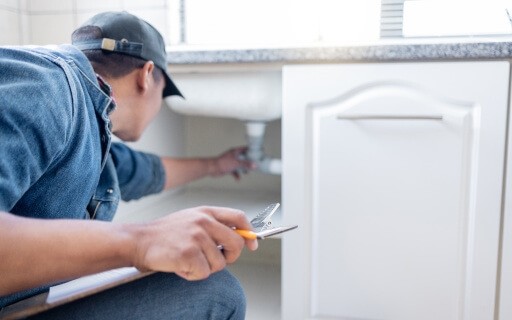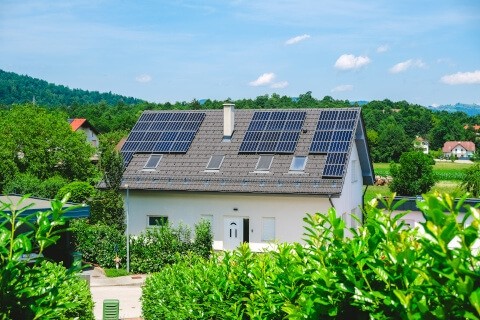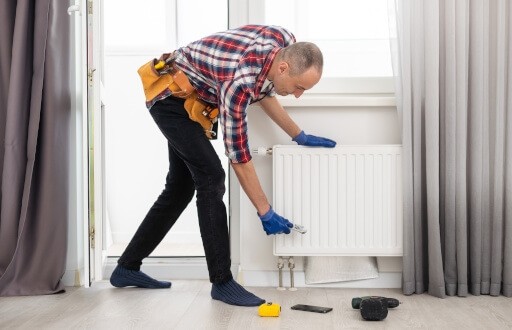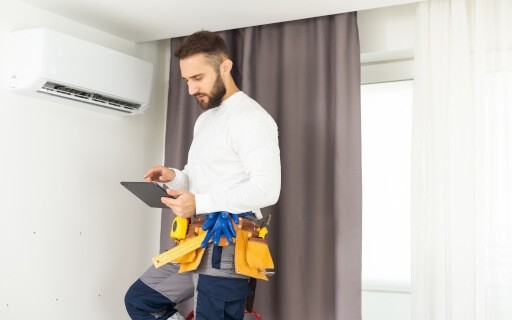Sometimes the most stressful parts of renting your property out come from things that are left up to interpretation. All tenants have a right to a fit and habitable living environment, and landlords have a right to tenants that don’t “commit waste,” the American Bar Association’s way of saying that tenants are expected to keep a property clean and free of permanent or unreasonable damage. Everyone has a different version of clean, so how do you ensure that your renters will keep your property up to your standards?
Require Cleaning in the Lease
The easiest and clearest way to make sure your tenants keep your property clean according to your standards is to include a cleaning clause in the rental agreement. This could be something as simple as:
“CLEANING. The Tenant(s) shall keep the area in and around the Premises in clean, habitable condition, and in good repair, normal wear and tear excepted.”
You could go as far as to specify what areas need to be kept clean and how to clean them, especially if you rent out an older apartment or house. A good way to incentivize regular cleaning is to state that if the rental isn’t returned in acceptable form, the tenant could be charged a cleaning fee. Here’s a sample clause for such a requirement:
“CLEANING. The Tenant(s) is responsible for cleaning all areas of the Premises, including but not limited to, living room, dining room, kitchen, hallways, laundry room, bedrooms, closets, bathrooms, outdoor walkways, and parking spaces. To prevent the infestation of rodents and insects, Tenant(s) must remove any collected trash and food waste from the Premise at least once a week. Carpets and Rugs must be vacuumed at least once a week. Hardwood floors or Tiles must be swept once a week. Bathrooms must be cleaned regularly, and as frequently as needed, to prevent the formation of mold and mildew. If Tenant(s) does not clean adequately and regularly, Tenant(s) will be liable for reasonable cleaning charges – including charges for cleaning carpets, draperies, furniture, walls, etc. that are soiled beyond normal wear (that is, wear or soiling that occurs without negligence, carelessness, accident, or abuse). Landlord reserves the right to hire a recurring Professional Cleaning/Maid Service if Tenant(s) are not keeping the Premises in clean/sanitary order at Landlord’s own judgment. This expense will be the responsibility of the Tenant(s).”
Remember, check your local laws to make sure these types of requirements are allowed in your lease. What clauses you can and cannot include in your lease regarding cleaning varies by state, so make sure to check your local laws before drafting your own cleaning clause, or use a lease on the Apartments.com suite of Rental Tools.
It’s crucial to have such lease clauses in place from the beginning, although it is possible to amend the lease agreement if the tenants are willing to sign it.
Know the Legal Expectations of Cleanliness
Clean tenants aren’t just a hope of every landlord, most communities require a reasonable level of upkeep and sanitation for a residence. Make sure your tenants know they must comply with local municipal codes by keeping the premises clean and disposing of trash properly.
A good way to ensure consistent cleanliness and a clean rental during move-outs is to conduct a thorough walkthrough. This way, your tenant knows what you expect to the property to look like when it comes time for them to leave, and it could incentivize them to keep the property tidy throughout the whole lease term, not just before they leave.
Regularly Inspect the Premises
One of the most straightforward ways to prevent property mishaps of all types is to regularly inspect the premises. This can be especially difficult if you live in a different part of the state – or a different state altogether. By inspecting your property (at least quarterly), you can keep an eye on any deteriorating units or serious messes. It also lets your tenants know that you have a consistent presence around the property.
Your lease should include a clause regarding your right to entry so that you can check on the property’s upkeep on a regular basis. Usually, you must notify the tenant at least 24 hours before entering the premises at an agreed-upon time.
If tenants know you will tour the residence a few times a year – and point out any lease violations regarding conditions – odds are they will make some effort to keep the place in decent shape. Make sure your clause on visiting the property adheres to state and local laws and doesn’t infringe on your tenant’s right to “quiet enjoyment.”
Document Untidy Tenants
If you get stuck with a messy tenant and you’re able to document the issue, it would be in your best interest to do so. Your first reason for documenting the issue should be to inquire about the mess if they don’t clean it up of their own free will. But if things get out of hand and you find yourself stuck with an uninhabitable rental or a demand letter from the local municipality, you’ll also have evidence to hold the tenants accountable.
If your state and local laws allow you to charge the tenant for professional cleaning services, you’ll have to provide proof to back up the charge. If you can’t charge the tenant for the mess they left behind, pictures and videos will help make your case for withholding the security deposit to clean up the premises.
Your documentation should include the date, and you should provide simple, non-dramatic narration. Just get the point across should have you to take your tenant to small claims court.
The solution to finding clean tenants who will keep your property in tip-top shape is to remove anything that could be left to a tenant’s interpretation. Add detailed clauses in the lease for maintaining a clean rental, inform your tenants of the legal requirements, and document any issues that arise. With any luck, you’ll find renters who appreciate your property just as much as you do.











